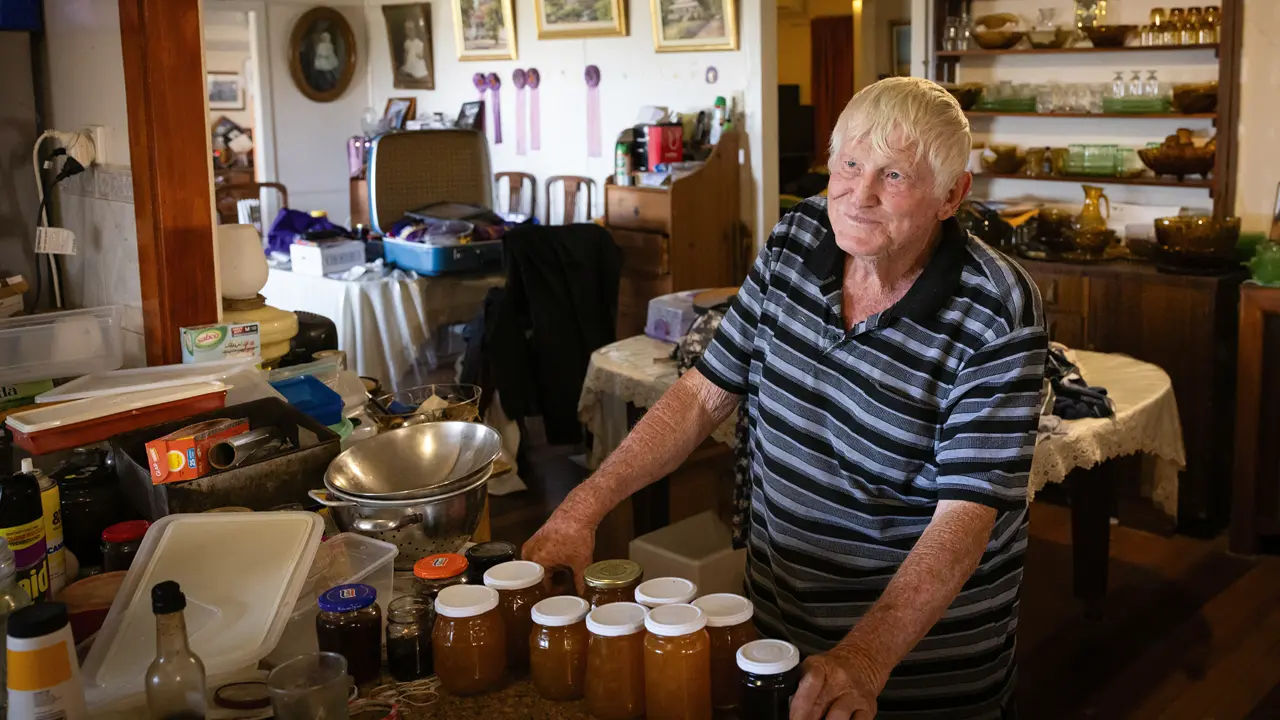Using a mixture of research, clinical care and a strict electronic device policy, Anglican Church Grammar School in Brisbane is ensuring its boarders get adequate rest each night.
Story Ken Eastwood
Four years ago, parents and teachers at Anglican Church Grammar School (Churchie) were concerned about the ways that electronic devices such as phones and laptops were affecting the sleep patterns of its 170 boarders. They also wanted to check why the boarders were slipping behind the day boys in their academic results.
So, they asked an external child psychologist to conduct an investigation into sleep patterns, academic performance and general wellbeing. That initial study found that most of the students were getting 5–6 hours of sleep a night, and most reported difficulties falling asleep. Most teenagers are believed to need about 9 hours of sleep a night.
The school devised a series of strategies around sleep for its boarders, including removing all electronic devices overnight, and is now reaping the extraordinary rewards. Now its boarders are getting 8-8.5 hours of sleep a night and are reporting falling asleep faster. They have shown much improved academic results (now, on average, better than day boys), a 30% increase in participation in extracurricular activities and a reduction in behavioural incidents. Other schools have been keen to look at and implement the policies, and parents of day boys at Churchie have been trying to get their boys into the boarding houses so that their children can enjoy the same benefits. “They’re trying to get metro kids into our program – they want someone else to have that conflict with their son,” says director of boarding Jason Wynne-Markham. “But we cater for rural kids in the boarding program and we don’t intend to stop doing that.”
Jason says the strict policies involving very limited access to electronic devices were initially resisted. “Every single boy hands their phone in – years 7–10 get 45 minutes a day [from 8pm] only with their phones and computer,” he says. “We had major turmoil for that first 12 months – people resist change. That first 12 months was horrendous. Parents were ringing up with concerns because the boys had been in their ears … but once parents were shown the benefits, I can tell you not one parent complained. We’ve had wonderful support from the parent body.”
This story excerpt is from Issue #128
Outback Magazine: Dec/Jan 2020










